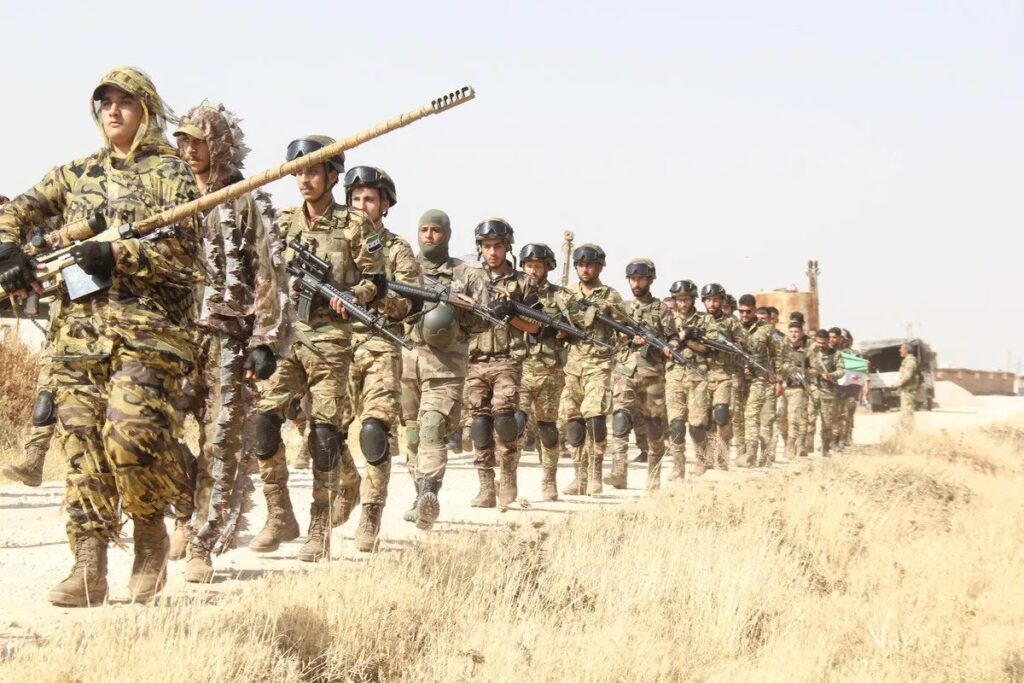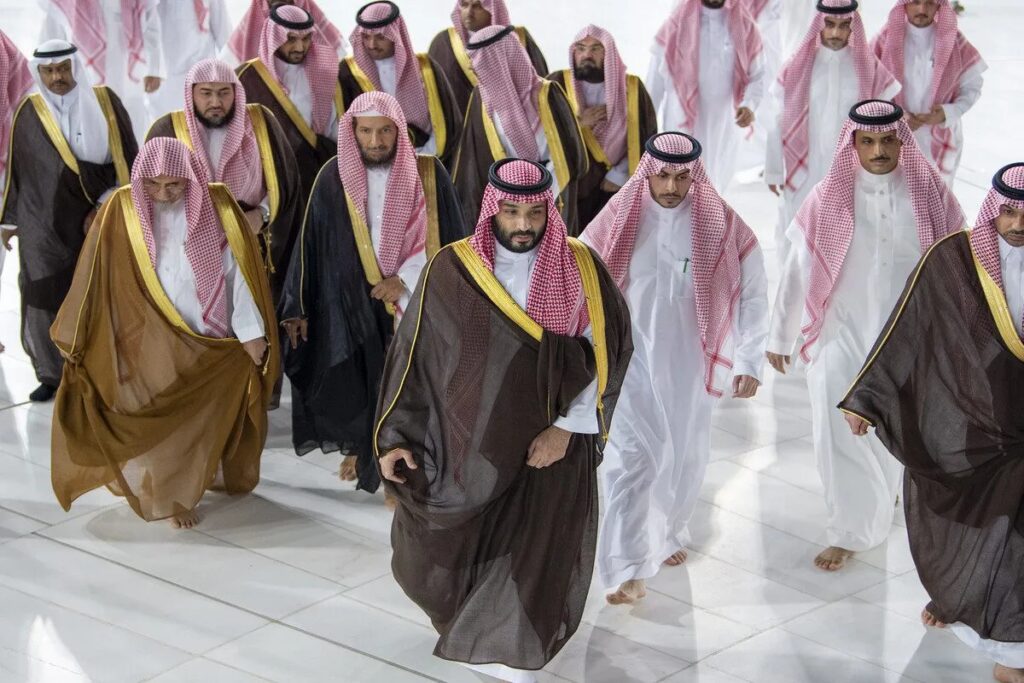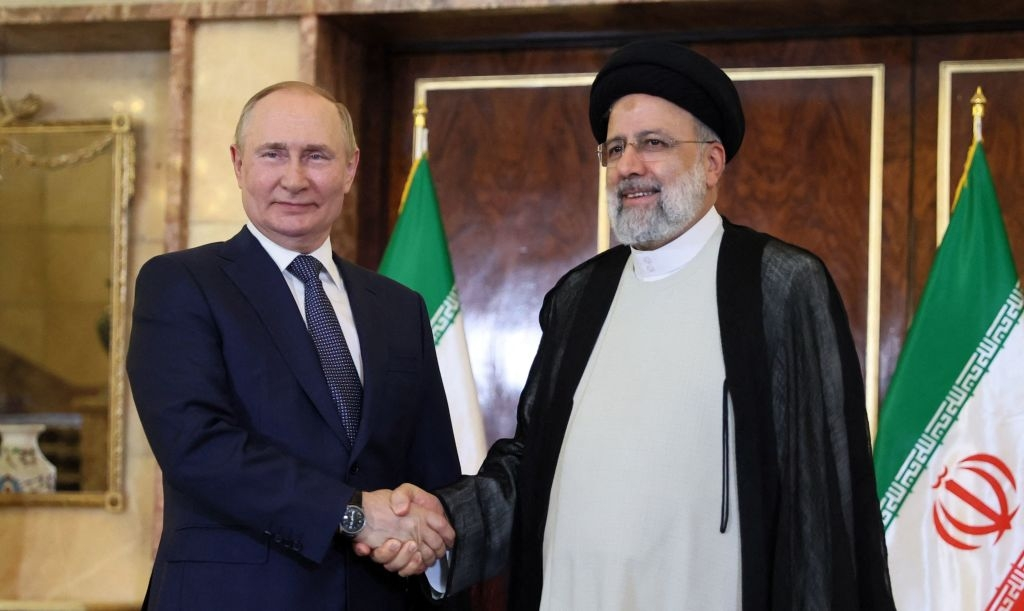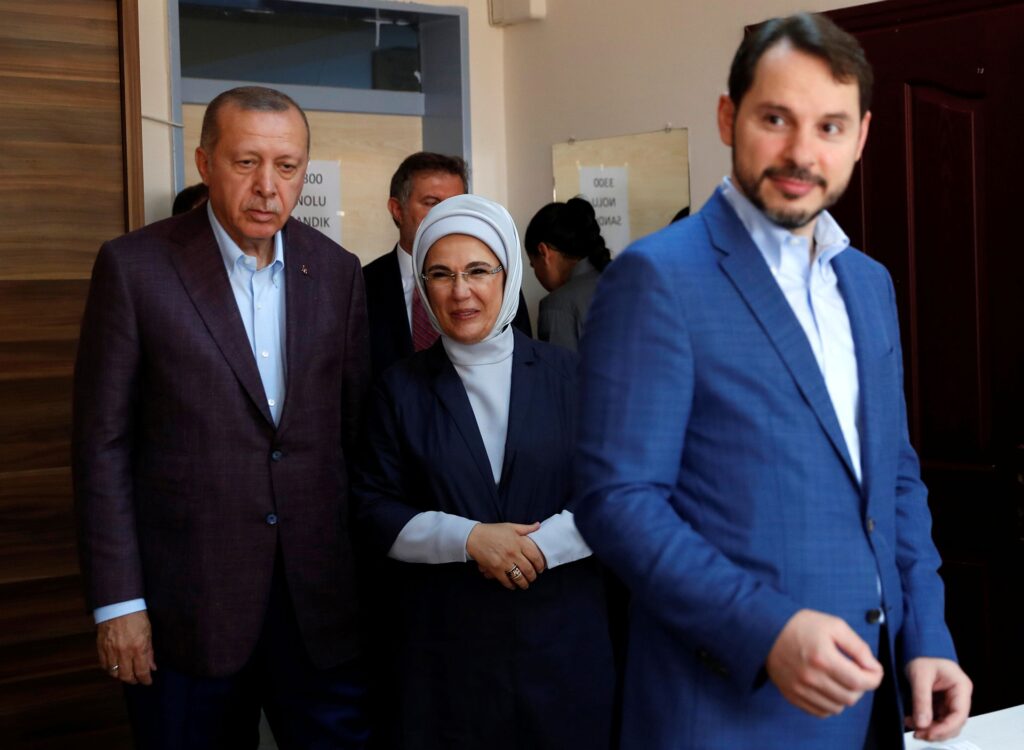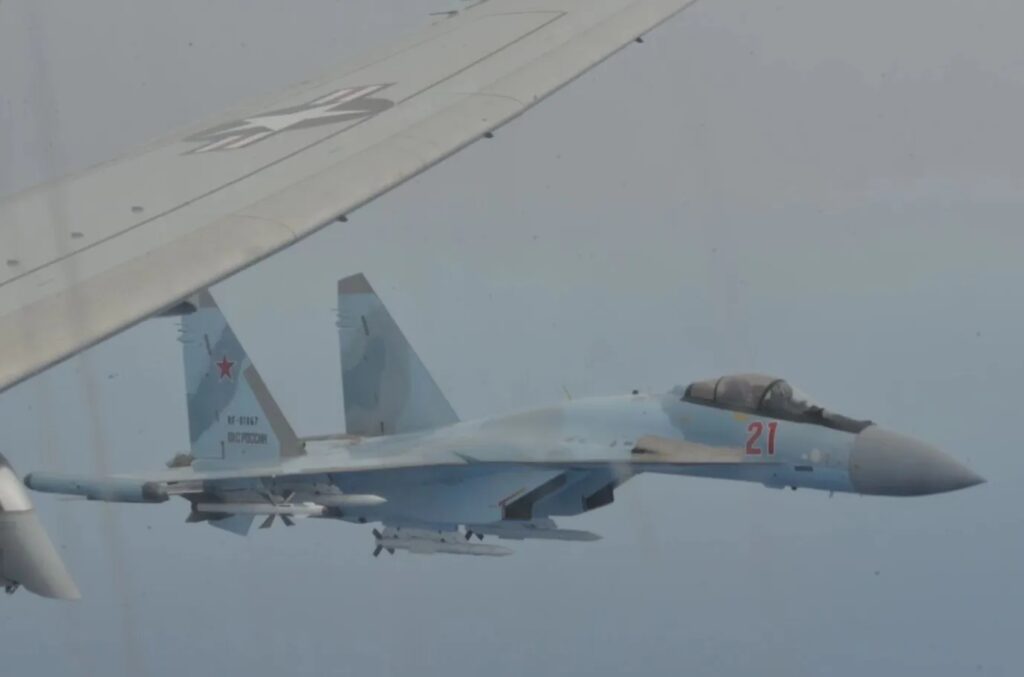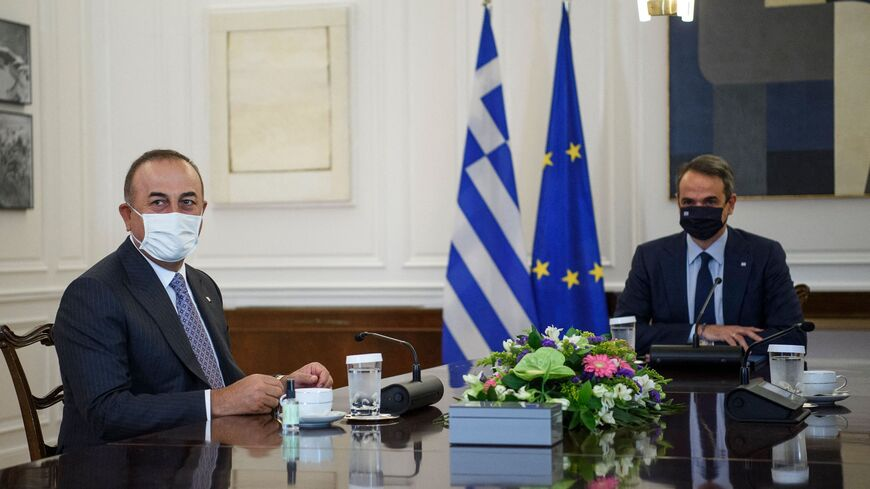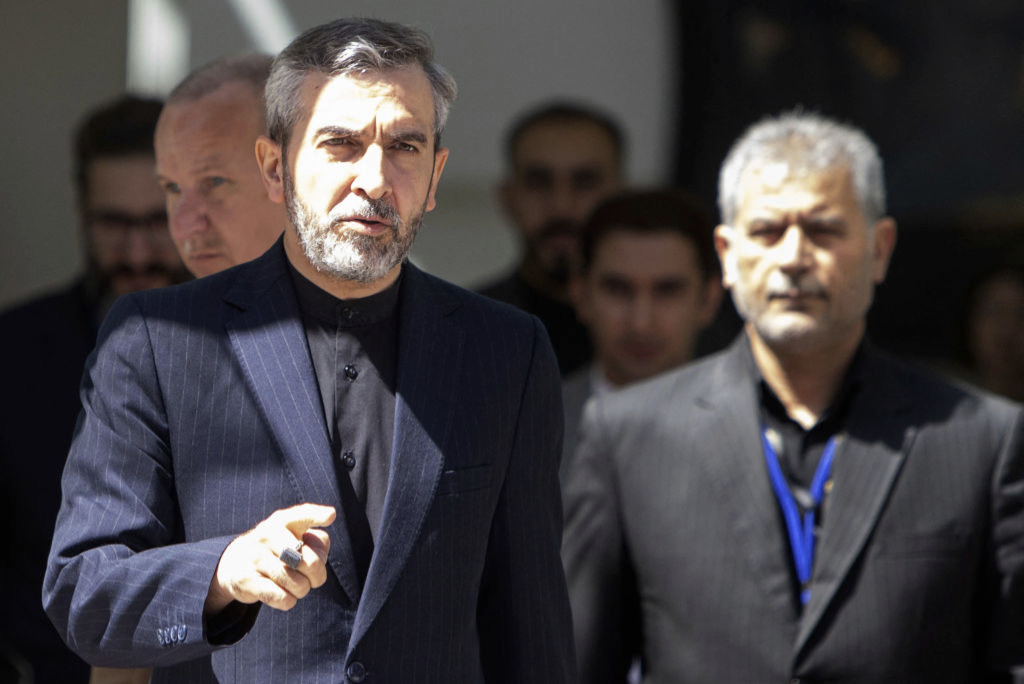Erdogan: ‘Without Turkiye, NATO is weak’
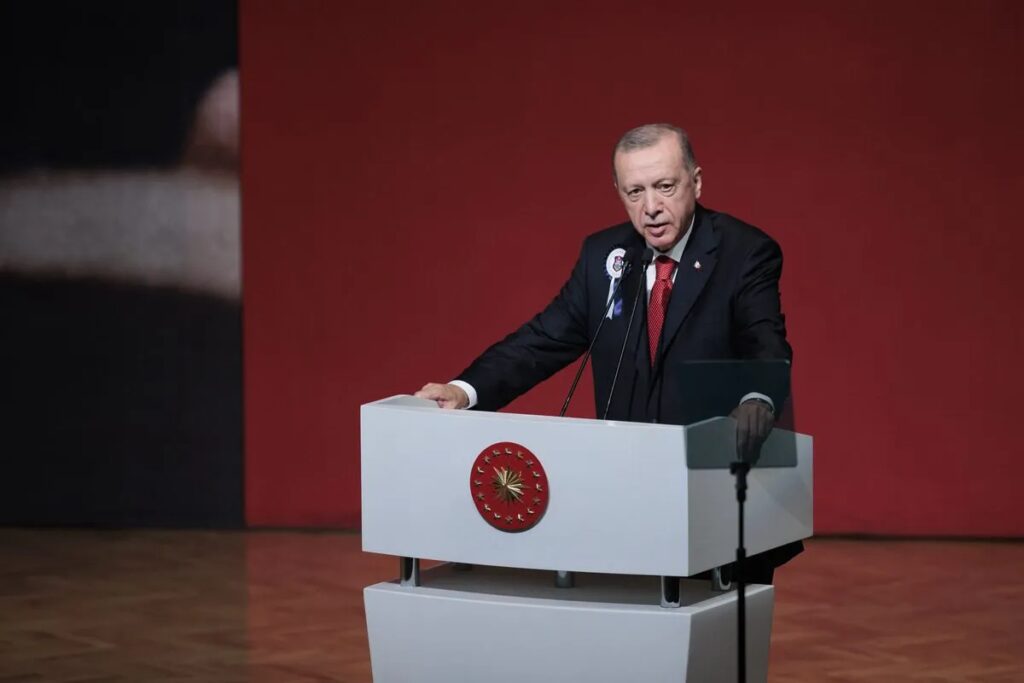
Turkish President Recep Tayyip Erdogan declared on Friday that “without Turkiye, NATO is weak,” Turkish media reported.
As Erdogan spoke to journalists following Friday prayer in Istanbul, he commented on NATO’s removal of a tweet about Turkish Victory Day (marked on 30 August) following a Greek complaint.

